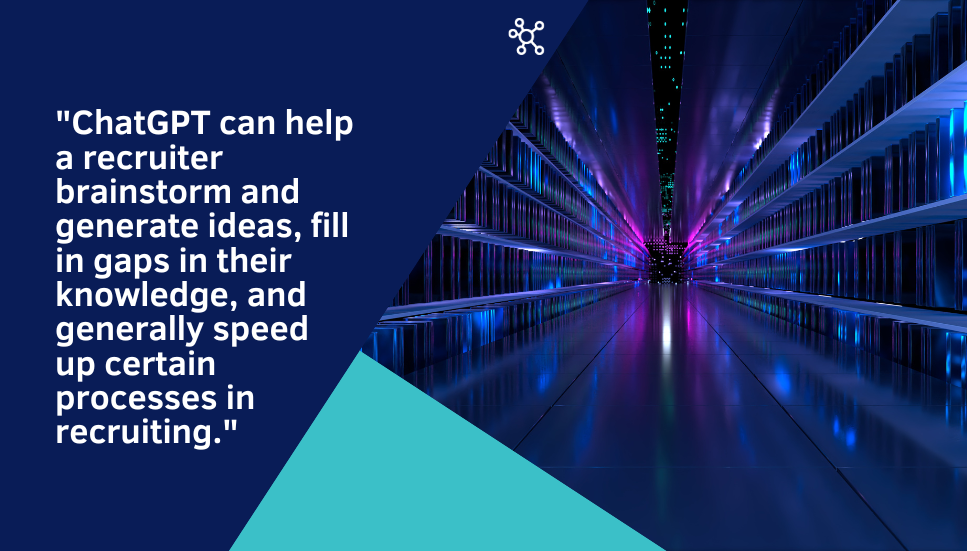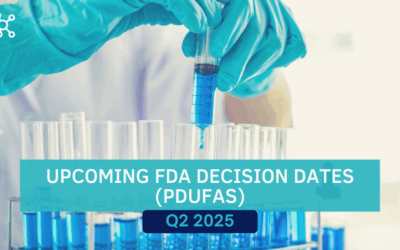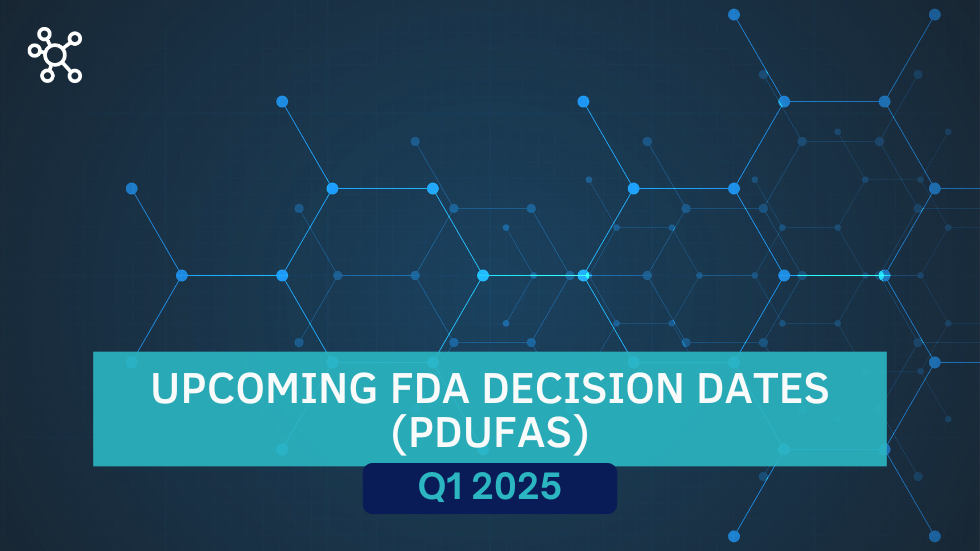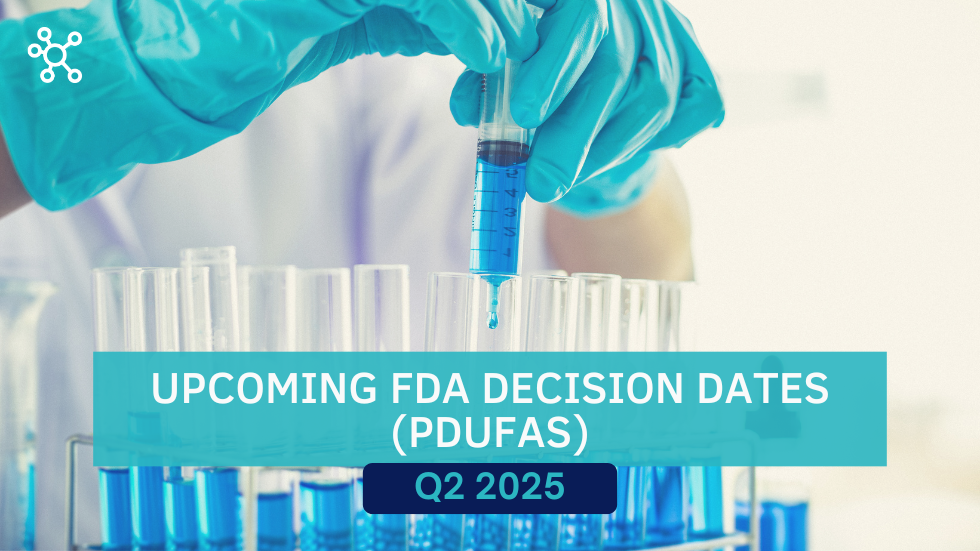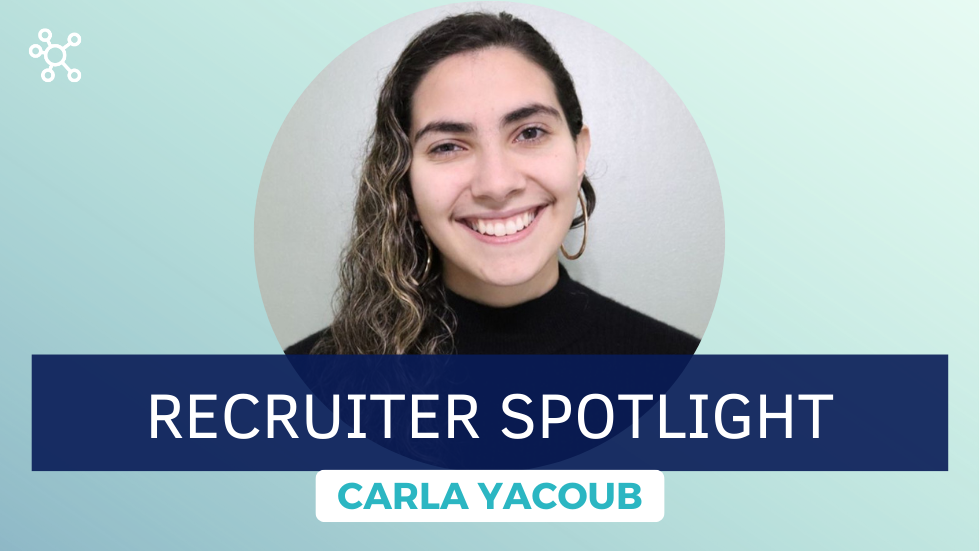In the last couple of months, you’ve probably heard about ChatGPT. Launched in November 2022 by an artificial intelligence company called OpenAI, ChatGPT is a chatbot that answers questions, responds to prompts, and gives suggestions. Its backbone is a natural language processing model that was trained using text from across the internet, and upon its release it quickly drew attention for its conversational skill, creative abilities, and the depth and detail of its responses.
AI isn’t a novelty to recruiters – many have been using AI recruiting software to source or screen candidates for years. But ChatGPT is a different beast, and you might be wondering if it could be used in recruiting. The answer, as with most AI-based tools, is yes – with caveats. As a chatbot, it can’t do everything on a recruiter’s to-do list (and as such, it isn’t equipped to replace recruiters outright). But if you know how to harness it, ChatGPT can help a recruiter brainstorm and generate ideas, fill in gaps in their knowledge, and generally speed up certain processes in recruiting. Read on for some ideas on how to use this chatbot to your advantage, and for some limitations you should keep in mind.
Use ChatGPT to create job descriptions
When creating eye-catching, informative job descriptions, ChatGPT can provide a starting point to build from. For example, I asked ChatGPT to “write a job description for a bioinformatics scientist at a proteomics company.” It gave me a description that was, overall, pretty nondescript and basic. But the description included some important and relevant qualifications like “Strong experience in proteomic data analysis, including the use of mass spectrometry data” and “Experience with bioinformatics software and databases, such as R, Python, and ProteomeXchange,” and it hit all the necessary points of a job description.
These results can provide a great framework for you to edit and add to depending on the specifics of the position at hand. But you don’t have to stop there. When I asked ChatGPT to “rewrite that job description requiring 5 years of postdoctoral experience and experience with Matlab,” it added those qualifications seamlessly into the description. When I asked ChatGPT to “rewrite that job description to be more exciting and compelling,” the chatbot threw in some adjectives like “dynamic” and “innovative” and verbs like “revolutionize” and “harness.”
Use ChatGPT to develop interview questions
Just as the chatbot can provide the framework of a job description to work from, it can do the same for interview questions. For the example position above, I asked ChatGPT to “create a list of interview questions for a bioinformatician at a proteomics company. Be sure to ask about leadership, problem solving, and past industry experience.” The response gave me ten questions. Some were way too vague and awkward, like “How do you approach problem solving and troubleshooting in bioinformatics?” But others seemed like they could provide fruitful insight into a candidate, like “Can you give an example of a time when you had to present complex bioinformatics data to non-experts and how you effectively communicated the findings?” and “Can you describe a project you have worked on in industry and how it differed from your academic experience?”
Use ChatGPT to create emails, social media posts, and other text communications
Other tasks that require writing text, like creating emails and social media posts, could benefit from ChatGPT. For the hypothetical “bioinformatics scientist at a proteomics company,” I asked ChatGPT to “write a compelling summary of that job description to post on LinkedIn.” It gave me a paragraph that started with “Are you a Proteomics Bioinformatics Expert looking to take your career to the next level? Join our cutting-edge team at XYZ Proteomics and be a key player in revolutionizing the field of mass spectrometry-based proteomics,” then gave some details about the requirements and responsibilities. The response was a little wooden – it definitely read like a fill-in-the-blank imitation of what a post like this “should” look like – but it hit all the important points and could be good to go with a little tweaking.
Use ChatGPT to learn about roles
As a recruiter working in the biotech industry, you might find yourself dealing with roles that are highly specific or require certain obscure skills. Recruiters in this situation might typically turn to Google to ask “what are bioconjugated nanoparticles?” or “what skills does a surface chemistry scientist need?” But since ChatGPT combs the internet to create its response, it can sometimes provide a more direct and specific answer than Google.
Drawbacks and takeaways
Models like ChatGPT are only as good as the information they run on and the patterns they are trained to recognize. For this reason, it’s important to closely pay attention to what content you’re using from ChatGPT to make sure no discriminatory language or inaccuracies sneak into your responses. I’ve seen some recruiters say that you should treat ChatGPT like a “spunky intern” whose work you check over closely. I think of it more as a springboard tool that can save you time, help you brainstorm ideas, and fill in some gaps in your knowledge. Though ChatGPT and other chatbots have their limitations (and can’t approximate everything the human mind can do), most experts agree that this technology is here to stay — and is only going to improve with time.
References

